Herpes Zoster (Shingles) Vaccine
What is Varicella-zoster virus ?
Varicella-zoster virus is the main culprit behind herpes zoster or shingles disease and chickenpox. Following the recovery from chickenpox, the virus remains dormant in the body and may become active again when immune function deteriorates, resulting in an outbreak of shingles.
According to the Hong Kong Centre for Health Protection, 91% of adults (aged 39 or above) in Hong Kong carry the varicella-zoster virus. The risk of developing shingles increases with age and is more common in people over 50. However, recent trend of younger individuals developing shingles is due to prior infection with COVID-19, individuals with conditions like hypertension, high cholesterol, or diabetes, stress, and family history of shingles.
How effective is the Herpes Zoster (Shingles) Vaccine ?
Shingles can be prevented by having a strong immune system as the varicella-zoster virus remains latent in the body and reactivates when immunity is low. In addition to this, getting vaccinated against herpes zoster (shingles) may also help prevent its occurrence.
A potential method to decrease the likelihood of shingles is through immunization with the herpes zoster vaccine, which also offers a reduced probability of experiencing severe symptoms and prolonged nerve pain for those who contract the virus following vaccination.
Shingrix is an FDA-approved vaccine designed to prevent shingles. Clinical studies have shown that Shingrix is 90% effective in preventing shingles and 89% PHN prevention. The vaccine is administered in two doses, with the second dose given 2 to 6 months after the initial shot.
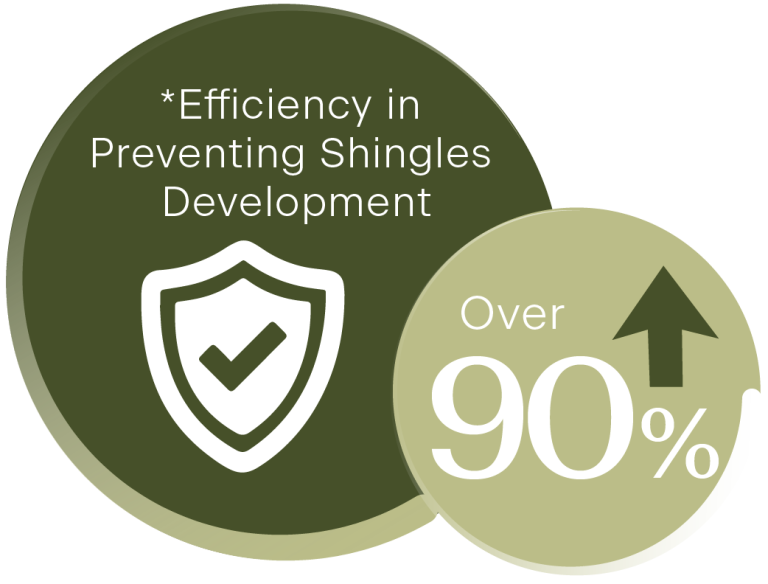
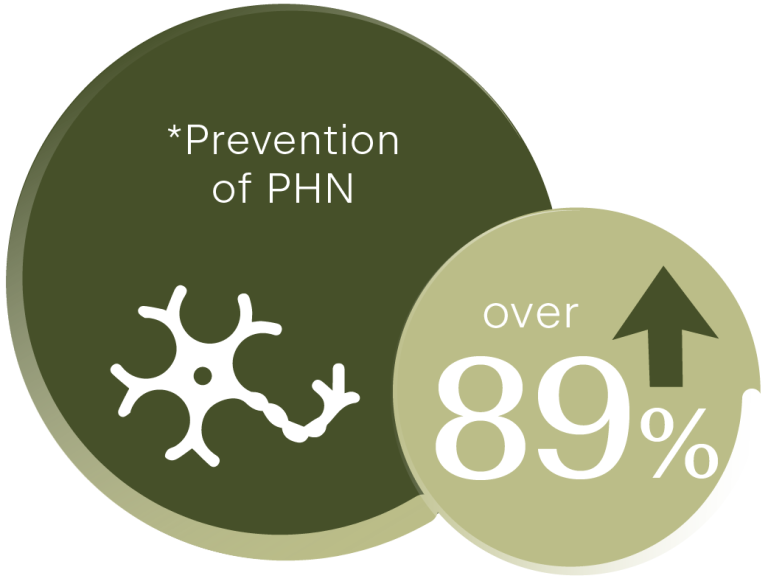
*Reference: The U S Centers for Disease Control and Prevention (US CDC)
Which individuals are recommended to receive the vaccine for herpes zoster (shingles)?
Individuals who are at an increased risk of contracting herpes zoster, commonly known as shingles, include:

Age over 50;
risk increases with age
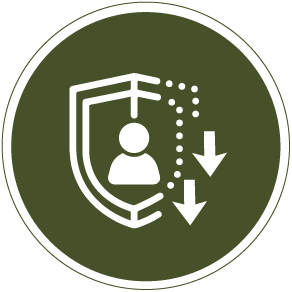
Individuals over 18 with a weakened immune system (due to diseases like HIV/AIDS or cancer, or congenital)
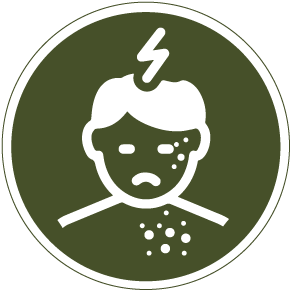
People recovered from chickenpox
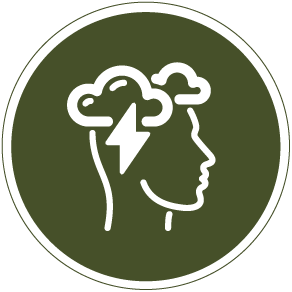
Stress
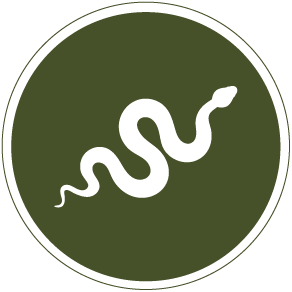
Family history of Shingles1
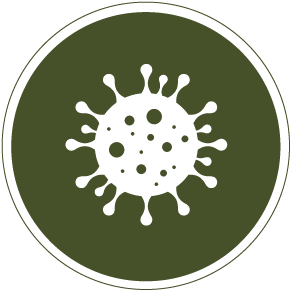
People recovered from COVID2
1. Centers for Disease Control and Prevention. Shingles (Herpes Zoster), Shingles Bur den and Trends. Available from https://www.cdc.gov/shingles/surveillance.html Accessed on 26 May 2023.
2. YAWN, Barbara P. GILDEN, Don. The glob al epidemiology of herpes z oster. Neurology, 2013, 81.10928-930.
Which individuals are recommended to receive the vaccine for herpes zoster (shingles)?
Individuals who are at an increased risk of contracting herpes zoster, commonly known as shingles, include:
- Aged 50 or above
- People recovered from chickenpox
Which individuals are ineligible for the herpes zoster (shingles) vaccination?
Individuals who are not advised to receive the herpes zoster (shingles) vaccine can be enumerated as follows:
- People who are allergic to the component of herpes zoster (shingles) vaccine
- Pregnant women or those who plan to be pregnant within 3 months
- Children
What are the possible adverse reactions of getting vaccinated for herpes zoster (shingles)?
The typical adverse reactions of administering herpes zoster (shingles) vaccine are comparable to those associated with other vaccinations, such as tenderness and inflammation at the injection spot, fever, and so on.
Humansa provides herpes zoster (shingles) vaccination
Humansa herpes zoster (shingles) vaccination package (with GP consultation)
2-dose package (apply to aged 50 and above)
What are the indications of herpes zoster (shingles)?
Shingles can be categorized into 3 distinct phases, each characterized by unique symptoms and conditions:
Signs resembling those of the flu, such as fever, headache, gastro-intestinal discomfort, fatigue and more may manifest.
The manifestation of itchy rashes, blisters, and persistent pain similar to burning, tingling or sharp stabbing occurs on the back and both sides of the wrist. These symptoms develop along a nerve pathway throughout the body.
Nerve pain that persists over time may develop even after recuperation.
FAQs of herpes zoster (shingles)
It is possible to spread shingles among individuals who have not contracted the varicella-zoster virus and chickenpox, although the infectivity is comparatively lower than that of chickenpox.
Individuals may hold a mistaken belief that shingles primarily affects older individuals who have weakened immune systems. However, shingles can actually occur in individuals of all ages.
The above information is for reference only and shall not be considered as medical advice. Please consult with your doctor or healthcare provider for further enquiries.